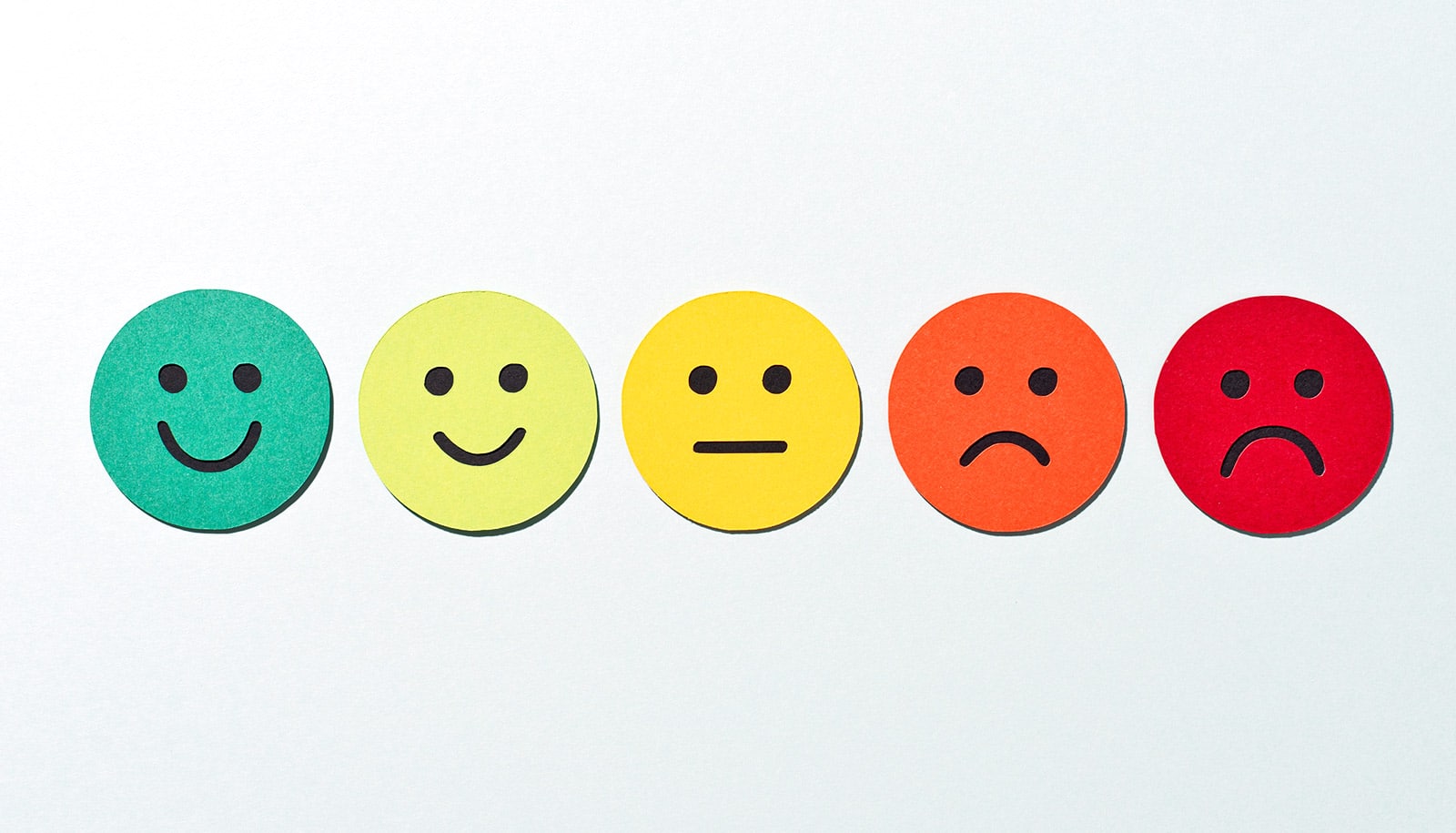Complaining about work helps build relationships among team members and boost workers’ moods, particularly if there’s some humor in it, new research suggests.
New research in Organization Studies, looks at how a team of nurses, doctors, social workers, and case workers used humor and complaining in their daily care-planning meetings.
Griping at work is still somewhat taboo, but Vanessa Pouthier of the University of Melbourne faculty of business and economics found that, used in a certain way, it can help build relationships and even improve staff members’ moods.
“Generally people don’t think there’s any value to it or they think it has no place in the workplace,” she says.
In fact, griping in the workplace is so under-researched she had to look to other fields, such as linguistics, to understand some of its functions.
The medical team Pouthier observed was based in an oncology and end-of-life department in a midwestern US hospital. They were dealing with a range of stresses from challenging patients and families to efficiency pressures and inflexible organizational structures.
Pouthier found that griping serves a bonding function, and also an energizing one, by helping staff move through their negative feelings.
“It allows people to recognize how similar they are in the challenges they’re facing every day and how they feel about them,” Pouthier says. “One of the best things in the team I observed, was that these griping rituals helped doctors and nurses realize they were feeling the same way about situations, and they weren’t that different.”
Griping together also helped the team recalibrate their emotions, to recognize shared experiences, and then move on past them.
“By engaging in those little rituals in their care-planning meetings they processed some of that negative energy and left feeling more energized,” she says.
Rules for complaining at work
But, there are some important rules around workplace griping. “There are a lot more rules around griping than there are around joking,” says Pouthier.
“You can only gripe about people that are not in the room, and you need to externalize the gripe. So, the gripe’s target needs to be something everyone can agree on, like the structure in which the team is working, or difficult practitioners working in other services. Never individuals in the team.”
On the other hand, joking allows team members to tease each other about their occupational quirks.
“The thing about joking is you can turn a problematic situation into a source of humor. Just like with griping, most of the triggers are problems. But with the griping it’s more about commiserations. With joking it’s about entertainment, distraction, and having a bit of fun.”
Problems in common
Similarly, joking together as a team helps staff members bond around recognized shared problems.
“Coming together to joke about problems can help teams work through them and generate positive emotions in the process. This is important not only for bonding, but also from a cognitive perspective, positive emotions help keep you more open minded.”
That open-mindedness is particularly important in the modern work environment, where teams working across occupational and organizational boundaries are the norm.
“We’ve all been socialized to think about the world in a particular way,” says Pouthier. “So you have different professional interests and values, as well as often different goals and different perspectives, all within one team.
“And because most problems are complex and require a confrontation of perspectives, we want that variety of perspectives. For that to work, everyone really needs to maintain an open mind.”
Humor is good for you—if you do it right
Pouthier also suggests that griping and humor can serve a political function, helping to mobilize staff and transform their perspectives.
“You can start out by laughing together about a political situation, like the organization’s structure, and that can create a safe place for challenging conversations to happen,” she says.
“In the team I observed, there was some frustration that the organization was not embracing movements happening in healthcare, like the treatment of patients as whole persons. There was a feeling among some of the participants that there was too much weight given to a particular type of expertise at the expense of others. And they used griping and humor to challenge those existing political structures.”
Source: University of Melbourne



